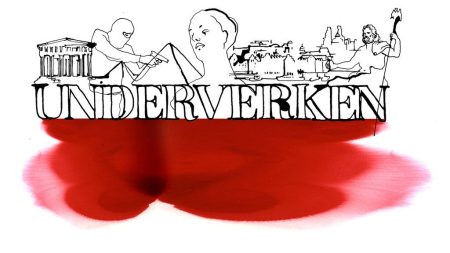The socialist newspaper Flamman finds itself in dire financial straits after missing a crucial deadline for media support, resulting in a loss of two million kronor in transitional funding for 2025. This comes on top of a three million kronor reduction compared to the support received in 2023. The missed deadline, attributed to an overworked staff and a simple oversight by Editor-in-Chief Leonidas Aretakis, leaves the publication grappling with a significant budget shortfall. Despite appeals to the Media Authority, the decision remains unchanged, forcing Flamman to rely on the generosity of its readership.
The consequences of this administrative error are substantial, placing a significant burden on the already strained resources of the small newspaper. While the publication has experienced growth in subscribers, reaching a 40-year high, the loss of over five million kronor in expected funding presents a formidable challenge. Aretakis has admitted to the oversight, expressing remorse for the added pressure it puts on the publication. He describes his workload as relentless, juggling multiple roles from writing and editing to proofreading and management, without a proper vacation in years.
In the face of this financial crisis, Flamman has launched a campaign appealing to its subscribers for support. The newspaper has implemented cost-saving measures, including a 20 kronor price increase for subscriptions starting in February. Simultaneously, readers are being urged to contribute through voluntary donations via Swish and gift subscriptions. The situation has been described as ”acute,” underscoring the urgency of the appeal.
Flamman’s plea for support highlights the precarious financial landscape for many smaller publications. While the growth in subscribers offers a glimmer of hope, it is not enough to offset the significant loss of government funding. The situation underlines the vital role of media support in sustaining independent journalism, particularly for publications with limited resources and a distinct political perspective. The incident also raises questions about the rigidity of the application process and whether there is room for greater flexibility in exceptional circumstances.
Despite the setback, Aretakis maintains a positive outlook, emphasizing the publication’s recent successes and reaffirming their commitment to planned spring initiatives. He credits the hard work of the small editorial team for the increased readership, suggesting that Flamman was in an even more precarious position a year ago. While the missed deadline presents a significant obstacle, the determination of the staff and the loyalty of its readership offer a pathway to weathering the storm.
The Flamman case serves as a stark reminder of the challenges faced by smaller news outlets in the current media environment. Balancing limited resources with the demands of producing quality journalism requires constant vigilance and resourcefulness. While mistakes are inevitable, especially within small teams grappling with heavy workloads, the consequences can be severe. The situation highlights the ongoing debate surrounding media funding and the need for systems that both support independent journalism and allow for reasonable flexibility in addressing unforeseen circumstances. The future of Flamman now rests on its ability to bridge the funding gap, relying on the continued support of its loyal readers and the resourcefulness of its dedicated staff.














